Close arrow_back
- menu title
-
Custom Menu
add remove
-
Navigation
add remove
-
menu title
add remove
-
menu title
add remove
-
menu title
add remove
-
menu title
add remove
-
menu title
add remove
- menu title
-
Custom Menu
add remove
- Navigation add remove
-
menu title
add remove
-
menu title
add remove
-
menu title
add remove
-
menu title
add remove
-
menu title
add remove
ISM Code with Guidelines, 2018 Edycja
The International Safety Management (ISM) Code with guidelines for its implementation provides an
international standard for the safe management and operation of ships and for pollution prevention.
It is an essential reference for maritime administrations, shipowners and operators, shipping companies,
training providers and education institutes, shipbuilders, engine and equipment manufacturers and
others with interest in ensuring safety at sea and prevention of damage to the environment.
This publication includes the texts of SOLAS chapter IX and the ISM Code. Additionally, Guidelines
for the operational implementation of the International Safety Management (ISM) Code by Companies,
Guidance on the qualifications, training and experience necessary for undertaking the role of the
designated person under the provisions of the ISM Code, Guidance on near-miss reporting, Guidelines
on Maritime Cyber Risk Management and resolution MSC.428(98) on Maritime Cyber Risk Management
in Safety Management Systems are included.
international standard for the safe management and operation of ships and for pollution prevention.
It is an essential reference for maritime administrations, shipowners and operators, shipping companies,
training providers and education institutes, shipbuilders, engine and equipment manufacturers and
others with interest in ensuring safety at sea and prevention of damage to the environment.
This publication includes the texts of SOLAS chapter IX and the ISM Code. Additionally, Guidelines
for the operational implementation of the International Safety Management (ISM) Code by Companies,
Guidance on the qualifications, training and experience necessary for undertaking the role of the
designated person under the provisions of the ISM Code, Guidance on near-miss reporting, Guidelines
on Maritime Cyber Risk Management and resolution MSC.428(98) on Maritime Cyber Risk Management
in Safety Management Systems are included.
Podobne z kategorii
Availability: 3 In Stock
The *Mission Coordination* volume assists personnel who plan and
coordinate SAR operations and exercises.
A new edition of the IAMSAR Manual is published every three years. The
2022 edition includes amendments, adopted by the International Civil
Aviation Organization (ICAO) and approved by the Maritime Safety
Committee of the International Maritime Organization (IMO) at its 103rd
session in May 2021 by means of MSC.1/Circ.1640, which become applicable
on 1 June 2022.
Availability: 2 In Stock
This publication presents engineering specifications for fire safety equipment and systems required by SOLAS chapter II-2 concerning:
- international shore connections
- personnel protection
- fire extinguishers
- fixed gas fire-extinguishing systems
- fixed foam fire-extinguishing systems
- fixed pressure water-spraying and water-mist fire-extinguishing systems
- automatic sprinkler, fire detection and fire alarm systems
- fixed fire detection and fire alarm systems
- sample extraction smoke detection systems
- low-location lighting systems
- fixed emergency fire pumps
- arrangement of means of escape
- fixed deck foam systems
- inert gas systems
- fixed hydrocarbon gas detection systems.
Availability: Out of stock
Port State control inspections contribute to ensuring that global
maritime standards are being implemented consistently on all ships. This
publication provides guidance for port State control officers on the
conduct of inspections to support harmonization in the way inspections
are carried out worldwide.
This edition includes amendments to the *Guidelines for investigations
and inspections carried out under MARPOL Annex II* (appendix 4), the
*Guidelines for control of operational requirements* (appendix 7) and
the *Guidelines for port State control under MARPOL Annex VI* (appendix
18).
Availability: 1 In Stock
This publication presents engineering specifications for fire safety equipment and systems required by SOLAS chapter II-2 concerning:
- international shore connections
- personnel protection
- fire extinguishers
- fixed gas fire-extinguishing systems
- fixed foam fire-extinguishing systems
- fixed pressure water-spraying and water-mist fire-extinguishing systems
- automatic sprinkler, fire detection and fire alarm systems
- fixed fire detection and fire alarm systems
- sample extraction smoke detection systems
- low-location lighting systems
- fixed emergency fire pumps
- arrangement of means of escape
- fixed deck foam systems
- inert gas systems
- fixed hydrocarbon gas detection systems.


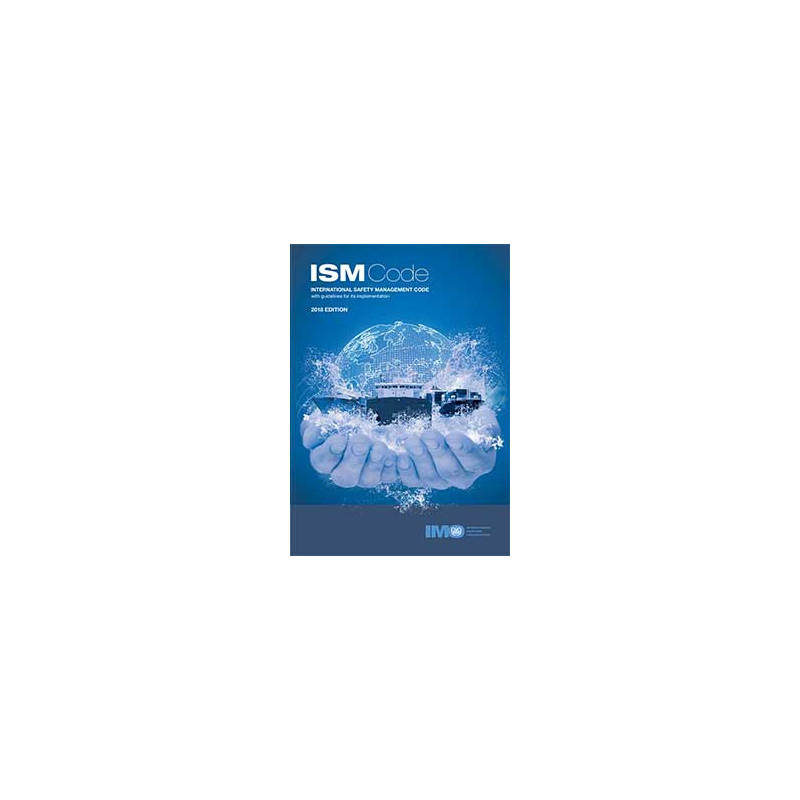



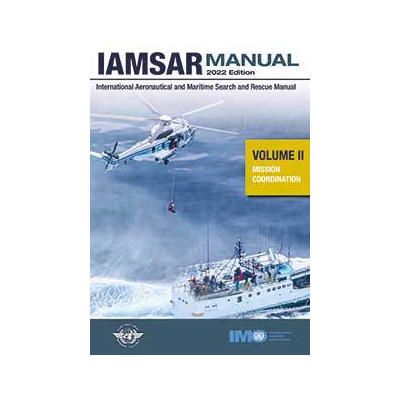
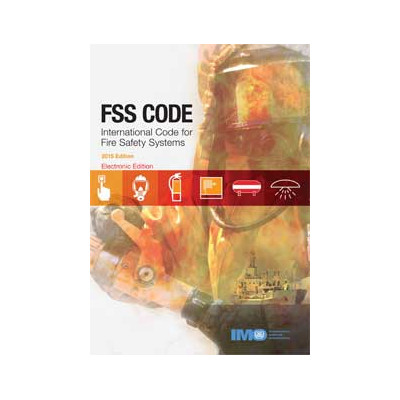
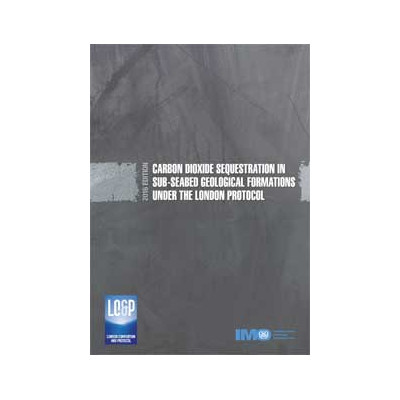
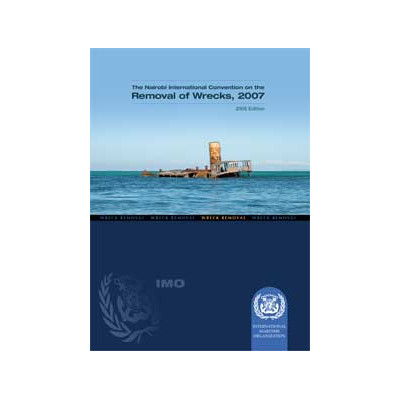
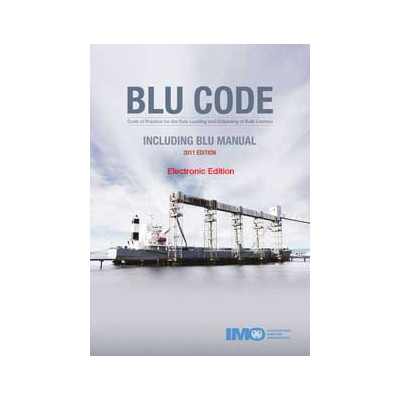
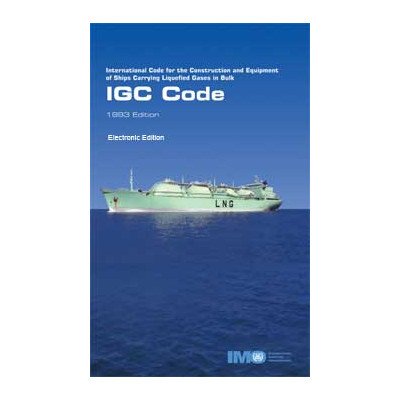
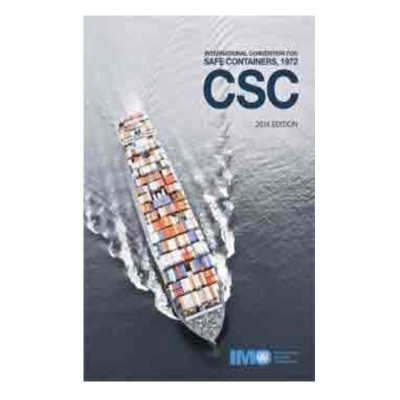

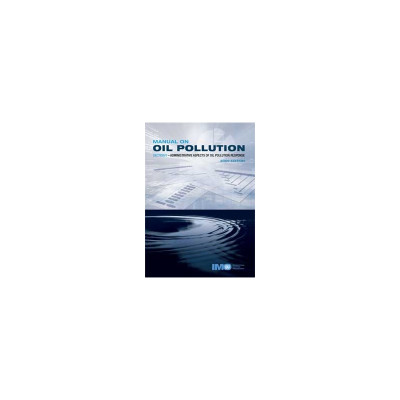
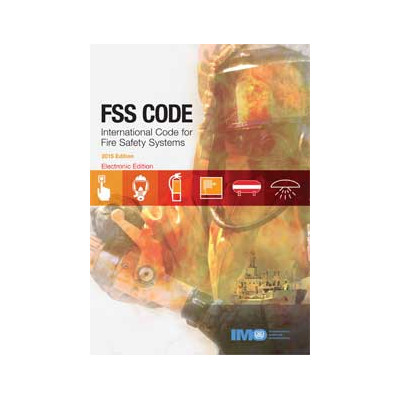
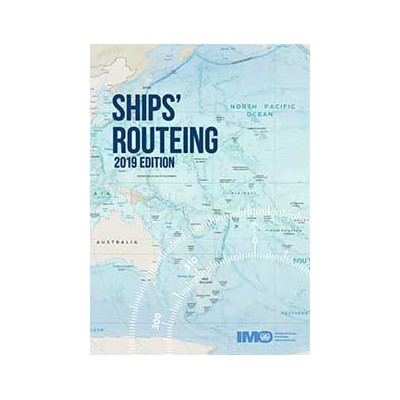

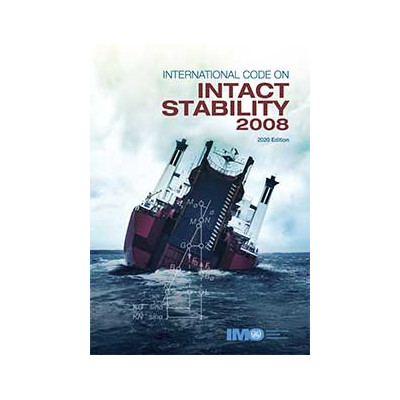
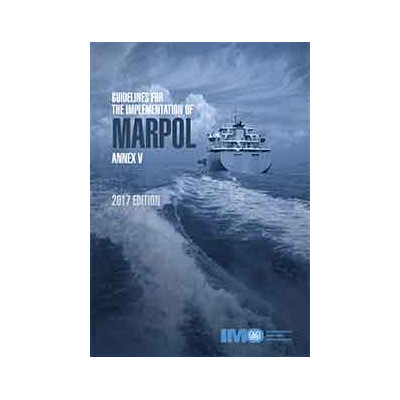
 Cookies
Cookies